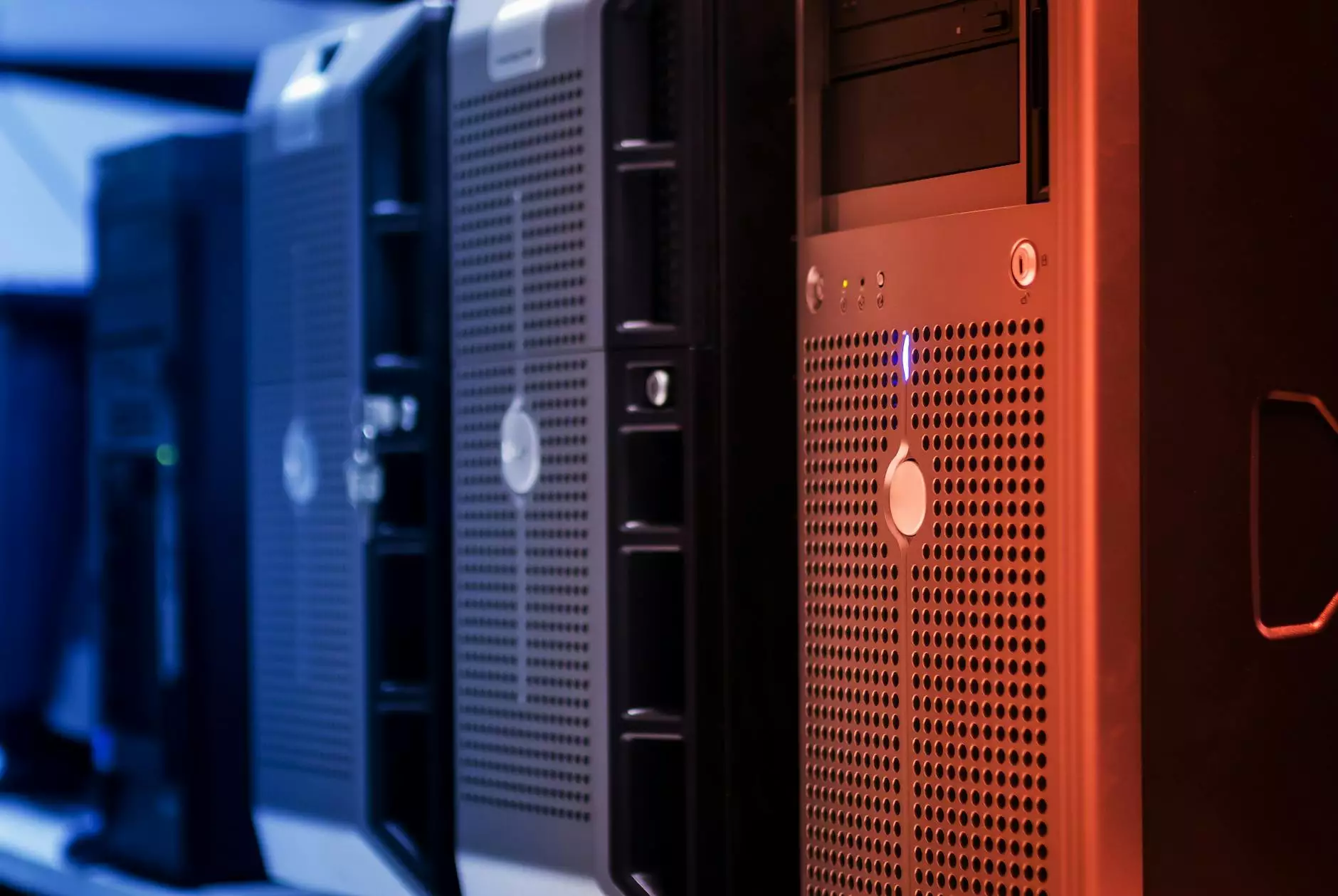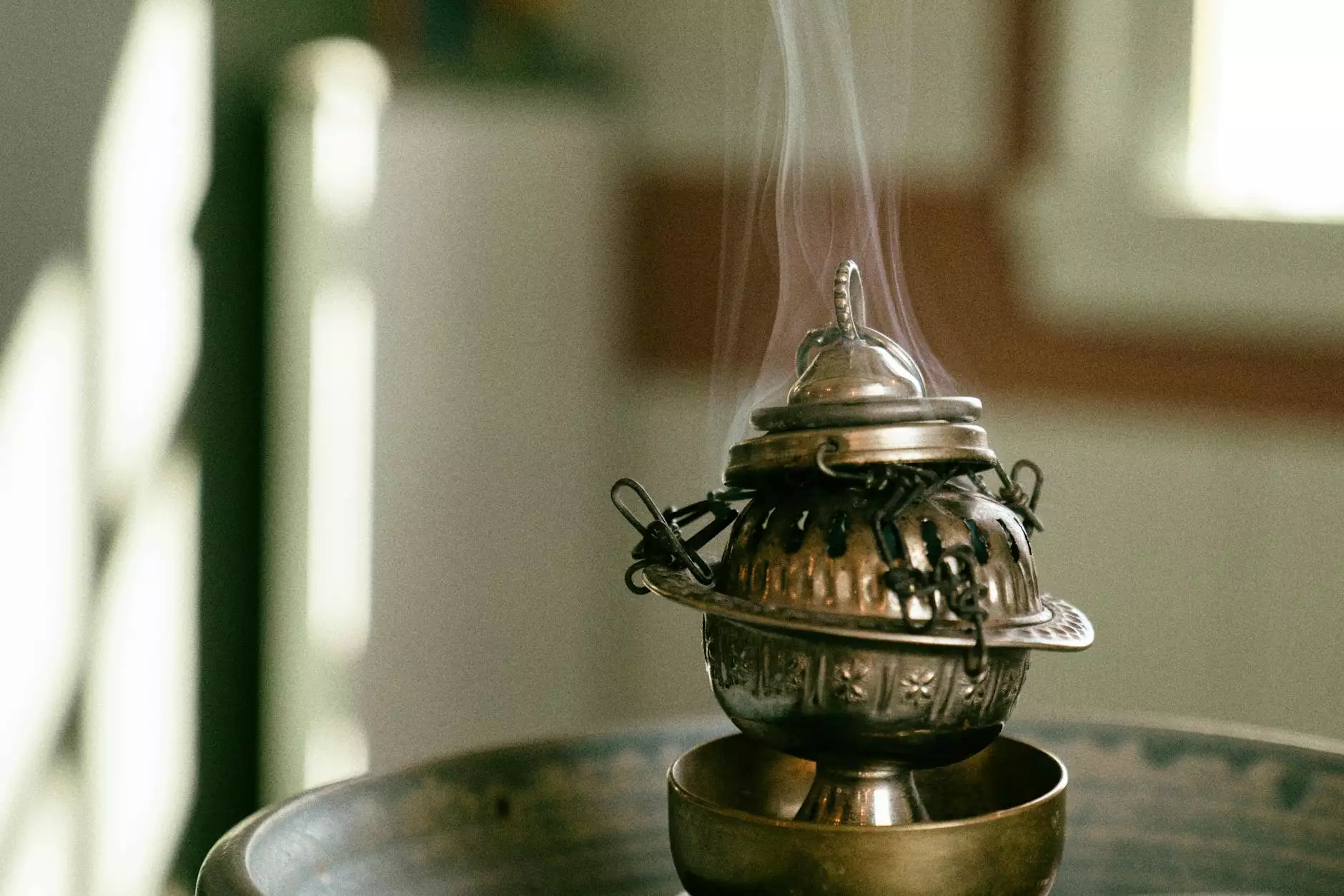Understanding the Parts of Fuel Pump

In the complex world of diesel engines, the fuel pump plays a critical role in ensuring that your vehicle performs efficiently. Understanding the parts of a fuel pump not only helps in maintenance but also enhances your knowledge about diesel engine parts and their functionality. This article delves into the essential components of fuel pumps, their significance, and tips for choosing the right parts from reliable spare parts suppliers.
What is a Fuel Pump?
A fuel pump is a crucial component in internal combustion engines. Its primary function is to transfer fuel from the tank to the engine, maintaining the necessary pressure for optimal engine performance. In diesel engines, the fuel pump is essential for ensuring the fuel injection process operates smoothly.
The Essential Parts of Fuel Pump
Understanding the various parts of a fuel pump is vital for anyone interested in automotive engineering or for owners looking to maintain their vehicles. Below, we list and describe the key parts of the fuel pump.
- 1. Fuel Pump Motor: The fuel pump motor is the component that powers the fuel pump. It converts electrical energy into mechanical energy, driving the pump action.
- 2. Fuel Inlet: The fuel inlet is where the fuel enters the pump from the tank. It typically has a filter to prevent debris from entering.
- 3. Fuel Outlet: This is the exit point where fuel is sent to the engine. It’s designed to maintain pressure and deliver fuel efficiently.
- 4. Fuel Filter: A key part of the fuel pump, the fuel filter removes contaminants from the fuel, ensuring that clean fuel reaches the engine components.
- 5. Pressure Regulator: This component controls the fuel pressure, ensuring that it stays within the optimal range required by the engine.
- 6. Diaphragm: Present in certain types of pumps, the diaphragm helps regulate the flow and pressure of the fuel, providing precise control over the fuel delivery system.
- 7. Check Valve: This component prevents the backflow of fuel, ensuring that there is always fuel ready in the delivery line for immediate use by the engine.
- 8. Housing: The housing encloses all of the internal components of the fuel pump. It protects them from dirt and damage while also facilitating cooling.
How Each Part Contributes to Overall Performance
Every part of the fuel pump plays a significant role in its overall functionality. Understanding how these components interact can help in diagnosing issues and performing efficient maintenance:
- Fuel Pump Motor: The efficiency of the motor directly affects the performance of the fuel pump. A motor that operates smoothly ensures consistent fuel delivery.
- Fuel Inlet and Outlet: The size and condition of the inlet and outlet can affect fuel flow rates. Blocked or damaged inlets and outlets can lead to reduced engine performance.
- Fuel Filter: Regularly replacing the fuel filter prevents engine wear and damage and optimizes fuel efficiency.
- Pressure Regulator: An effective pressure regulator maintains the right fuel pressure, which is crucial for fuel atomization in diesel engines.
Common Issues with Fuel Pumps and Their Parts
Like any mechanical component, fuel pumps can encounter various issues. Being aware of potential problems associated with each part can aid in proactive troubleshooting:
- Worn Fuel Pump Motor: Over time, the motor can wear out, leading to inconsistent fuel delivery.
- Clogged Fuel Filter: A clogged filter can significantly decrease fuel flow, affecting engine performance and efficiency.
- Malfunctioning Pressure Regulator: If this component fails, it may cause fuel pressure to drop too low or surge too high, leading to engine performance issues.
- Damaged Check Valve: A faulty check valve can lead to fuel leakage and loss of pressure, affecting engine starting and performance.
How to Choose the Right Fuel Pump Parts
When it comes to purchasing parts for your fuel pump, quality and compatibility are paramount. Below are some tips on choosing the right components:
- Consult with Experts: Speak to professionals or experienced mechanics to get recommendations on the best fuel pump parts suitable for your make and model.
- Research Brands: Opt for reputable brands known for their quality and reliability. Reading reviews can provide insight into the performance of specific parts.
- Check Compatibility: Always ensure parts are compatible with your fuel pump to avoid installation issues and functionality problems.
- Consider OEM Parts: Original Equipment Manufacturer (OEM) parts are specifically designed for your engine and can ensure optimal performance.
Maintaining Your Fuel Pump for Longevity
Once you have installed the right parts of the pump, it’s crucial to engage in regular maintenance to enhance their longevity:
- Regular Inspections: Check for leaks, unusual noises, and fuel pressure regularly. Early detection can prevent costly repairs.
- Change Filters: Replace your fuel filter as recommended to avoid clogging and subsequent engine issues.
- Use Quality Fuel: Always use high-quality fuel to prevent debris from building up in the pump and engine.
- Monitor Performance: Pay attention to any changes in engine performance, indicating fuel pump issues.
Conclusion
The parts of fuel pump are integral to the efficiency and performance of diesel engines. Understanding each component's role can help in proper maintenance and troubleshooting, ultimately prolonging the life of your engine. Whether you are a vehicle owner or an automotive professional, having a solid grasp of fuel pump components and their functions will enable you to make more informed decisions regarding repairs and replacements.
For the best parts and exceptional service, check out our offerings at client-diesel.com, where we provide high-quality diesel engine parts and are committed to being one of the trusted spare parts suppliers in the industry.









